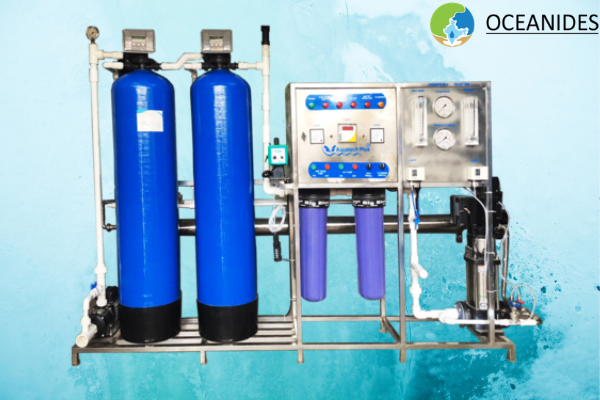With the scarcity of clean water sources, many builders are now investing in reverse osmosis plants in new developments. The necessity of self-sufficiency in water supply through alternative sources of water, such as borewells, has also given to the rising demand for water cleaning equipment like RO plants in residential complexes.
But it is not just residential complexes where an RO plant is installed. In fact it has wide usage in the industrial sector, particularly the food and beverage industry. A number of industries deal with treated and filtered liquids, a processes honed by RO plants. Given this rising demand, we have a number of reverse osmosis plant suppliers today.
The question that a buyer now faces is how to select the right supplier. An industrial-sized RO plant is a substantial investment. Whether you are buying for a residential property or a factory, this decision must be taken with care. Here are some of the factors that should be taken into account:
Budget: This is always a deciding factor in buying factory equipment and the concern remains here as well. RO plants can come in all kind of packages and you should do a thorough inventory of the prices. The budget will also be influenced by your requirements, the scale of the operation and the level of contaminants in the water.
Once you have an idea of the price range, decide on a budget. Keep in mind that treated clean water is a non-negotiable requirement, so do not restrict the budget too much. The budget must also take into account yearly maintenance and running costs. Big RO plants consume a substantial amount of energy. So, ask you supplier for a clear estimate on power consumption and then factor then into your yearly budget.
Decide the scale: RO systems come in all kind of sizes — from the domestic filter to huge industrial plants. The scale will depend on your requirements, such as the amount of liquid to be treated in a day, its complexity and so on. The scale will decide the space requirement as well as the budget.
Quality of the water: You must first determine the quality of the water that will undergo treatment. Filtering membrane quality will be decided on this factor. Heavy presence of certain contaminants can damage the membrane more quickly.
The quality of water will decide to parameters of the RO system:
- Filtering technique: Some techniques are more efficient in dealing with heavily contaminated water than others. Presence of heavy contaminants means that you will be looking for reverse osmosis plant suppliers who stock such equipment.
- Need for pre-treatment: Some water sources must be treated before going into the RO system. Presence of certain chemicals can require pre-treatment. Even contaminants like dissolved mud and small stones may need pre-treatment. Similarly, hard water needs water softening before being treated in the RO plant. Untreated hard water can cause damage to the plant equipment.
But how do you know the quality of the water? Mere guesswork will not do. You can get a detailed test done on the quality of the water, the contaminants etc. Next, find out the ‘contaminant passage and rejection rates’ of the RO plants under consideration. If the system is sufficient in treating the level of contaminants in the raw water, you may not invest in the pre-treatment.
Specialisation: Every industry and residential system has its own requirement and there is a reverse osmosis plant supplier to meet each specialisation. For instance, one supplier may excel in residential plant, while another may specialise in a domestic units, while another may specialise in specialised system for a fruit juice factory.
Maintenance team: RO plants need regular maintenance. More the contaminants, more is the need to see that regular inspection and maintenance are carried out. Hence, look for a supplier who also provides with regular maintenance service. Although you may find independent maintenance specialists, it is always better to have your supplier carry out later maintenance schedules.
Conclusion
The decision to go for the right reverse osmosis plant suppliers must be taken carefully. Determine your own requirements, the quality of water as well the budget before making your decision.



